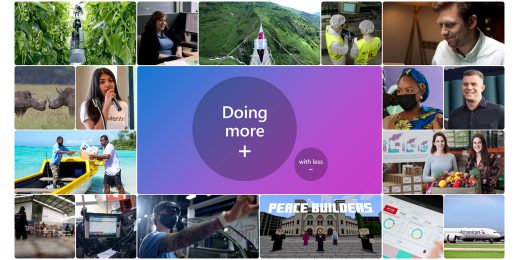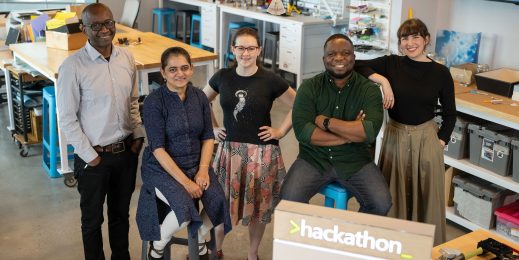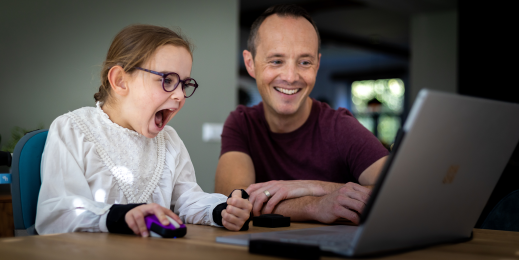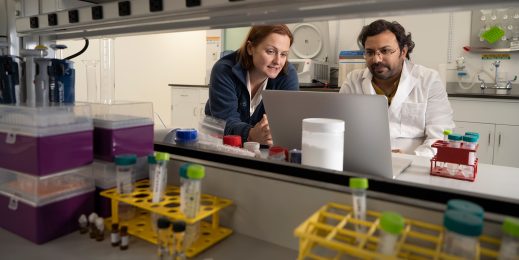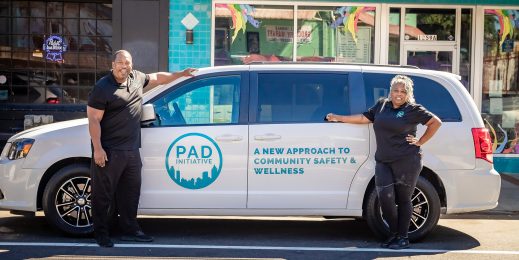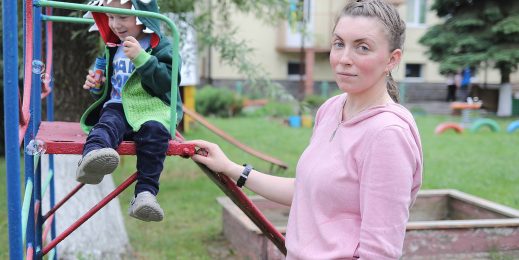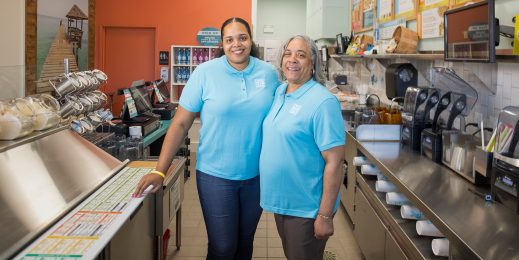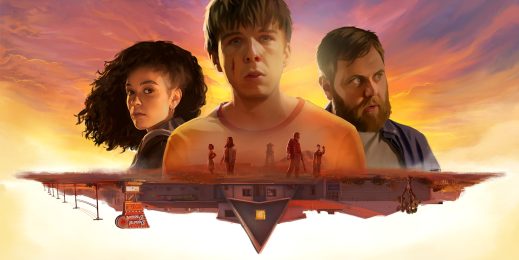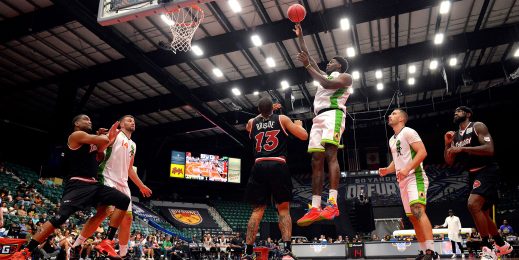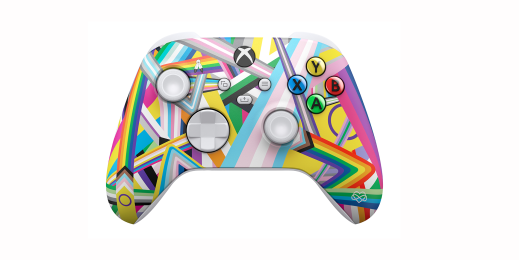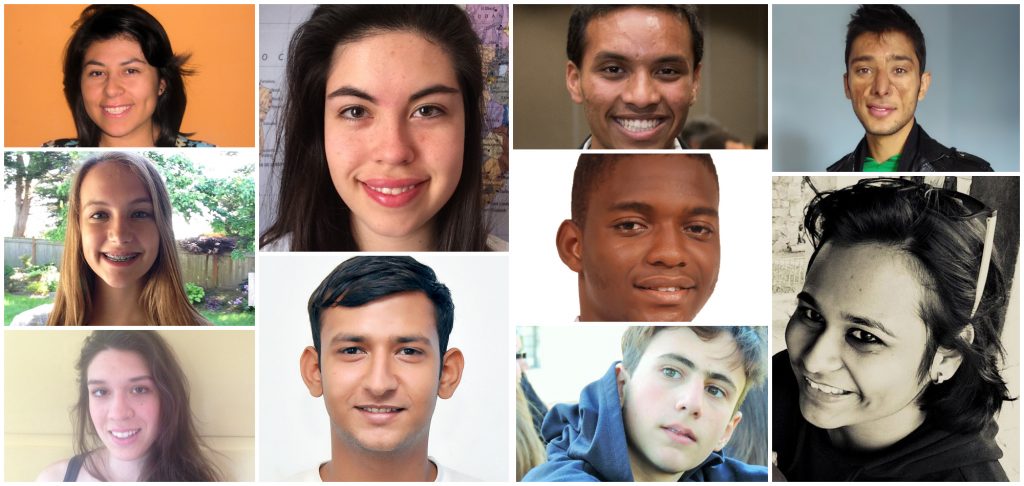
Heartache and hope inspire Microsoft Challenge for Change winners to make a difference
Abhishek Paudel was already working on how to bring better health care to people in remote areas of his country when disaster came. The massive April earthquake that killed and injured thousands in Nepal, leveling his parents’ home and their entire village, only deepened his resolve.
The 21-year-old just learned he is one of 10 grand-prize winners announced Wednesday in Microsoft YouthSpark’s Challenge for Change, a global contest that helps young people to turn the causes close to their hearts into tangible ways to do good in the world.
“Winning this prize has opened a door for me to help my country at this moment of devastation,” Paudel says.
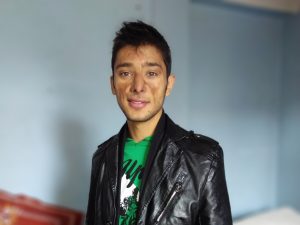
The winners will each receive $2,500 to kick-start their projects, a Windows Phone and the chance to serve as a Microsoft YouthSpark advocate, along with a leadership-development trip to Nicaragua that promises an unforgettable experience doing hands-on volunteer work.
“As a company, we believe in the combined power of technology and young people to change the world,” said Challenge for Change spokeswoman Elisa Willman. “This is a great platform to showcase the amazing things they’re already doing and what they have the potential to do.”
The contest, in its third year, drew thousands of entries from teens and young adults in more than 100 countries, each detailing what they want to accomplish using Microsoft technology. And this year brings twice as many winners: Five were chosen from a new 13- to 17-year-old age group, along with five from the 18- to 25-year-old group of years’ past.
Judges narrowed the entries to 30 in recent weeks, and each finalist won a Surface Pro 3 tablet with Office 365. An online vote determined the 10 grand prize winners.
The winners’ ideas and projects were born of heartache and hope, creativity and compassion. They have sights set on diverse ambitions such as helping people with dementia, slowing the spread of malaria and getting teenagers enthused about science.
Abhishek Paudel envisions using Skype and various Microsoft Office products to deliver medical care. He says there are too many areas of mountainous Nepal where “people in remote places have to suffer and even die of minor health problems” simply because there are too few doctors to diagnose and treat.
Being a winner “will definitely help me move forward with my project,” he says. He initially plans to set up a telemedicine center in a big city such as Kathmandu and one in a remote village, allowing doctors and patients communicate via Skype despite the distance.
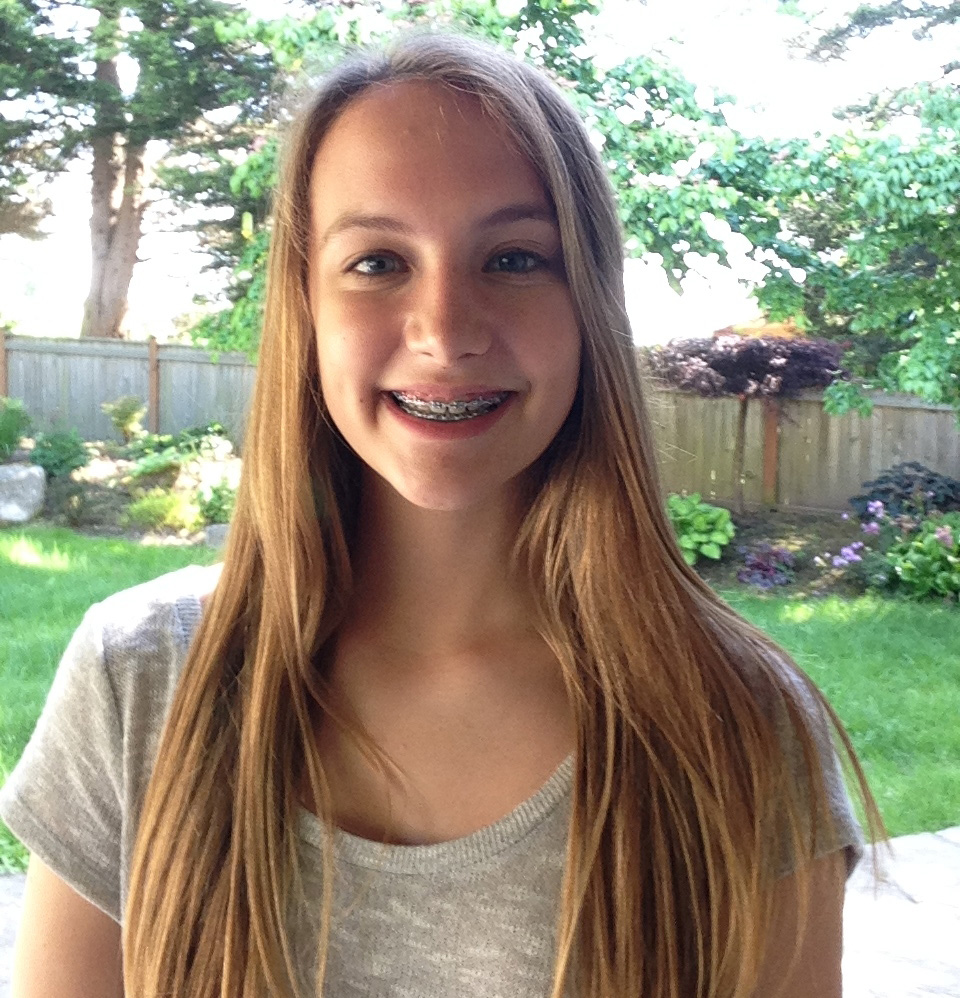
Winner Dana Berejka, a 15-year-old from Mercer Island, Washington, says her passion grew out of the heartache she felt in seventh grade when she learned that a young Rwandan girl she sponsored — by writing letters and sending her $15 each month — suddenly died of malaria just before her 6th birthday.
“It was very tragic; I never experienced a loss like that and I didn’t really know how to deal with it,” Berejka says. “So I was really inspired something to do something.”
She came up with The Diane Foundation, named for little girl, to raise awareness about malaria and distribute mosquito nets. She says her babysitting and birthday money hasn’t been enough to get the charity up and running, so she’s “ecstatic” that being a Challenge for Change winner will allow her to “start doing projects, get a website and really make it happen.”

Roopam Sharma of India has created real-time tracking system to help people suffering from dementia and their caregivers. Called “Emancipator,” the technology consists of a mobile app that alerts both the patient and caregiver if the patient leaves certain boundaries, and it offers a combination of voice navigation and additional alerts to help guide the person back home safely.
The 20-year-old, who hopes to expand the technology for use in many dementia-care facilities in India, said the contest brought him “a once in a lifetime opportunity” to help him make sure “the maximum number of people can benefit.”
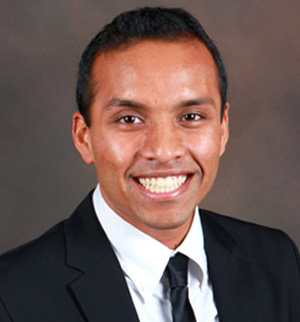
Getting middle school kids excited about technology is what Nithin Jilla aims to do by showing them they can build a mobile app in eight to 10 weeks. The 22-year-old University of California, Irvine grad and one of his professors started the AppJam+ afterschool program two years ago and have been running it with a special focus on lower-income teens ever since.
“Focusing on those communities has been really rewarding because it gives them an alternate path to look forward to … It gives them hope that, ‘Wow, this is something that I’m good at. I could be a UX designer or a programmer,’” he says. “I think it’s a great way to empower and get them into it early on.”
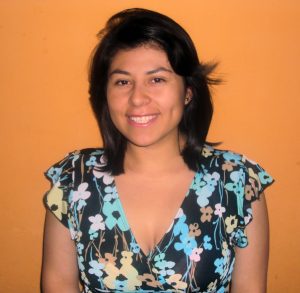
Shirley Monserrath Martinez Cabezas of Ecuador came up with “Don’t Stop Talking,” an app to help people who lose their hearing continue communicating with others through speech. She plans to use Visual Studio to build it, and Kinect and Microsoft Azure to create a sort of virtual speech therapy that is affordable and accessible.
The 21-year-old says she is “very, very happy” to be among the contest winners.
When Nefeli-Sofia Stefopoulou and her classmates in Greece got to know a class in Kenya via Skype, they learned a pipe had burst in the African school. They wanted to help and coordinated an effort to help the students get water that wasn’t contaminated.
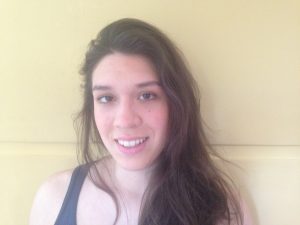
Stefopoulou, who now plans to raise money to provide more water filters for other schools, called being chosen as a Challenge for Change winner “a dream come true.”
“I feel blessed because I can help these people who do not even have access to clean water,” says Stefopoulou, who recently turned 18, “and now I can help more people.”
Saviour Okusenogu of Nigeria wants to spark an interest science and engineering in more kids in developing countries. He plans to bring fun and interactive science experiments and other projects to secondary schools with hopes that they will get kids far more excited than the abstract, conceptual ways many kids learn about those topics now.

The 17-year-old hopes to expand his “Become Inspired in Science and Engineering Technology” program throughout his country and other African nations. He says he’s delighted to know that now “many people around the world will know about my project and what I’m trying to do in my community.”
“It’s a very great opportunity for students like me, and for people who want to change their communities with science and technology,” he says.
Belén Guede Vicencio of Chile was so excited to learn she was one of the winners that she started jumping around and screaming. “I was really happy because it’s such a big opportunity for me, so I’m really thankful,” she says.
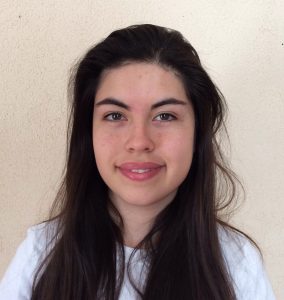
The 17-year-old high school senior says she wants to show kids in her country there are more routes to success than trying to become a famous soccer player. She plans to start a program at her local library that helps them develop their interests in computer programming and robotics because she says there are too few opportunities to learn about technology — especially when most resources are in English.
“If kids want to learn code, it’s out of their reach,” she says. Her project aims to fix that.
In Uruguay, Marcos Rostan says high schools should be places where teens mature and discover their creative talents — not face intolerance or other issues. The 16-year-old has created “acción:ayuda,” an online platform to allow teachers, psychologists and others to exchange information about topics ranging from bullying to how to best accommodate students with disabilities.
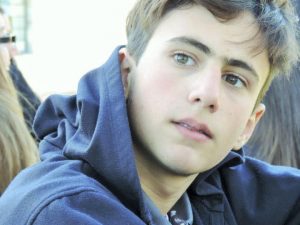
Rostan says teachers can ask questions or solicit help for difficult situations they’re having with students at school and are put in touch with experts who can help.
“A lot of teachers have talked to me and told me they were excited about the project and wanted to help,” he says. “The reception of the product has been incredible.”
Gender equality is an important issue for Sonal Jain Padamchand, 22, who says her own education helped her break economic barriers and find happiness in India. She believes every child should have the opportunity to learn and “new horizons to chase.”
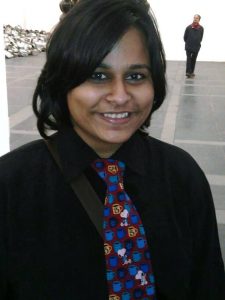
She says she’s working with seven people in other countries to design an educational program focused on gender equality. Her project, “World in a Box,” will bring her “video classrooms” to more children in remote and impoverished places.
Challenge for Change is part of Microsoft YouthSpark, a company-wide commitment to create education, employment and entrepreneurship opportunities for young people around the globe. It’s aimed at encouraging young people who “are already doing amazing things” as well as those who have big ambitions and “just need a little help” taking action, Willman says.
“Young people have all sorts of creative ideas about how to use technology and apply it to causes that are meaningful to them,” she says, “so it’s been exciting to see how they use our products to solve real societal challenges.”
To learn more, visit Microsoft YouthSpark Challenge for Change.
Lead photo: The 10 winners of this year’s Microsoft YouthSpark Challenge for Change contest





